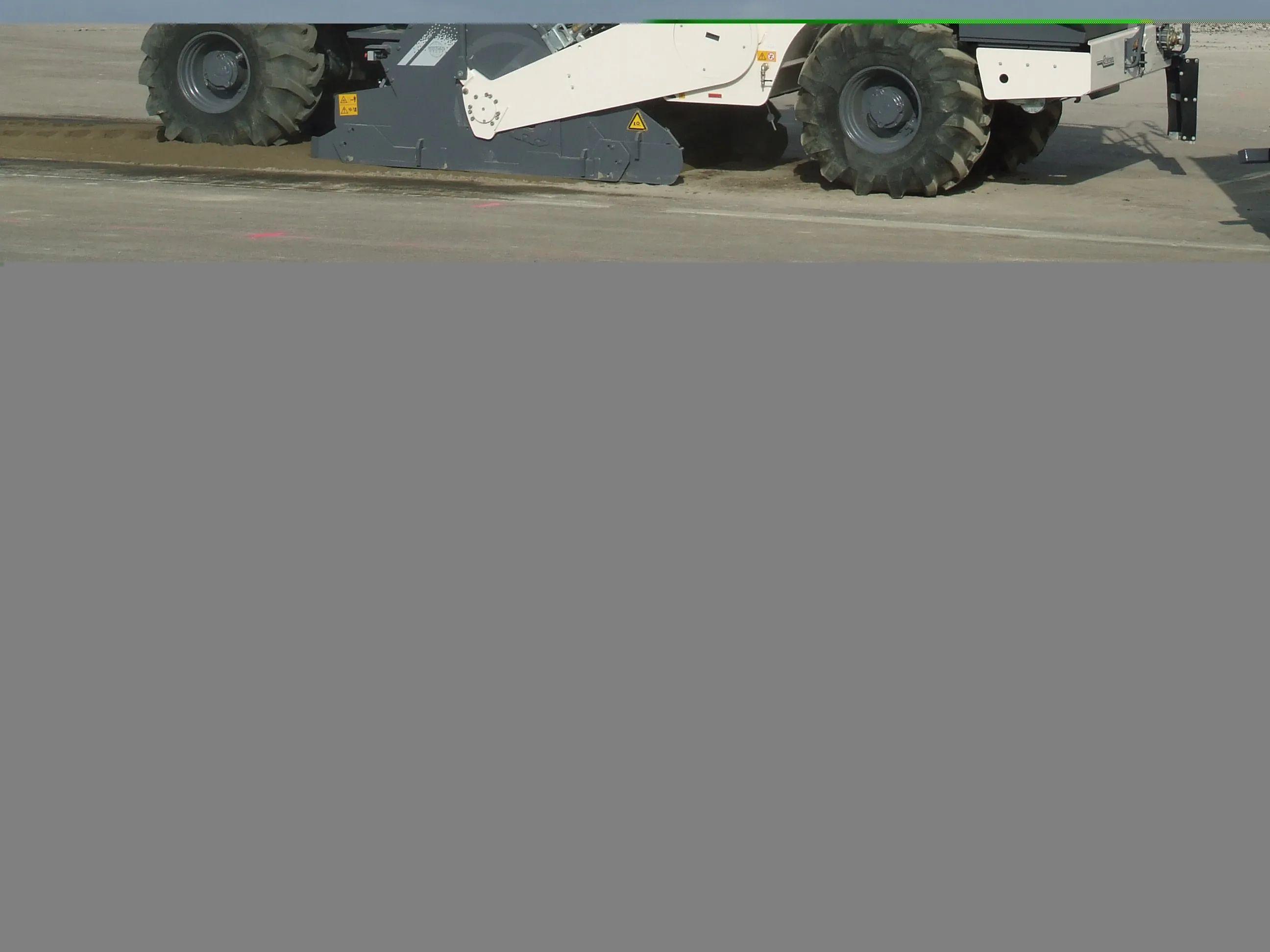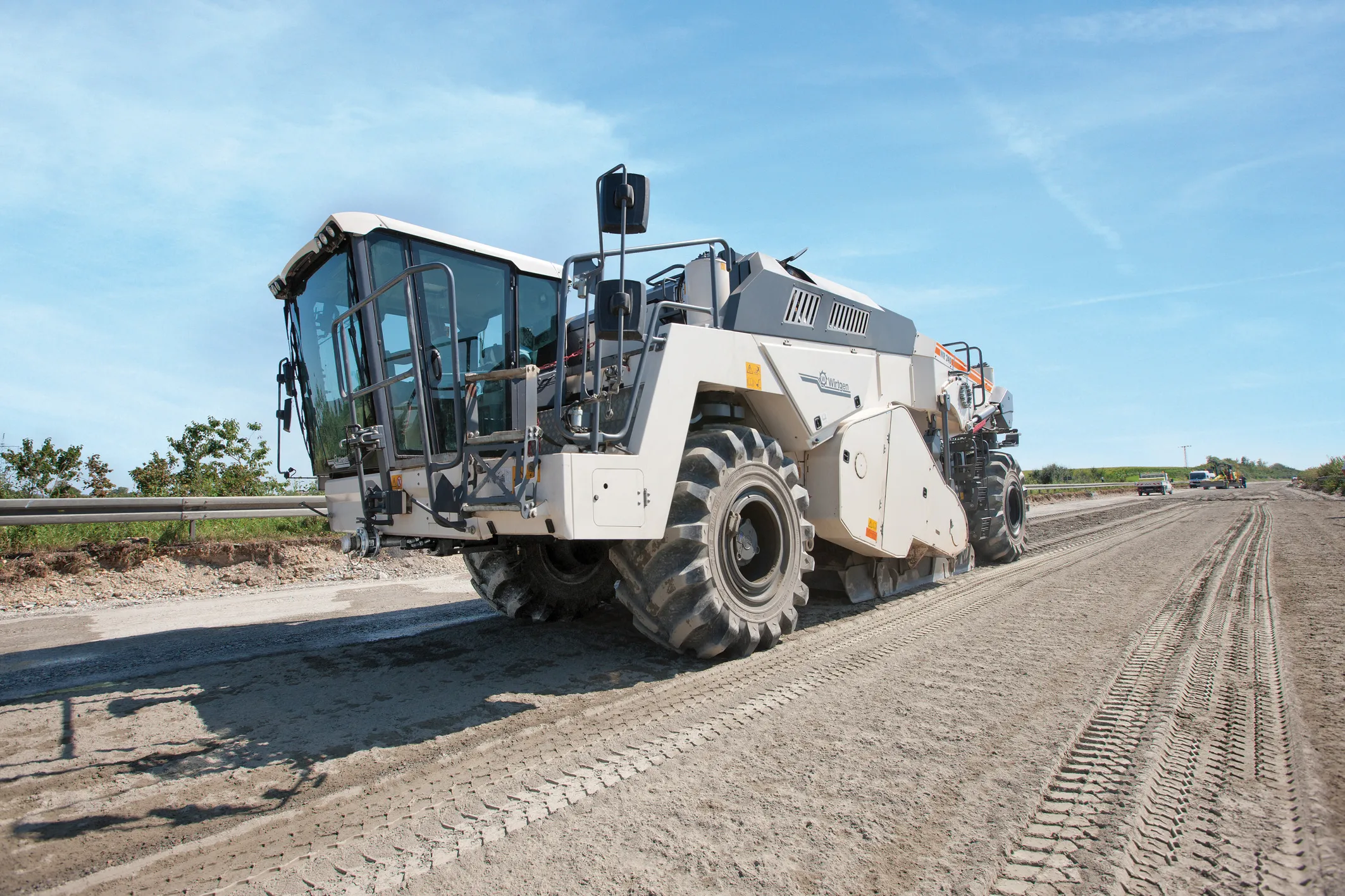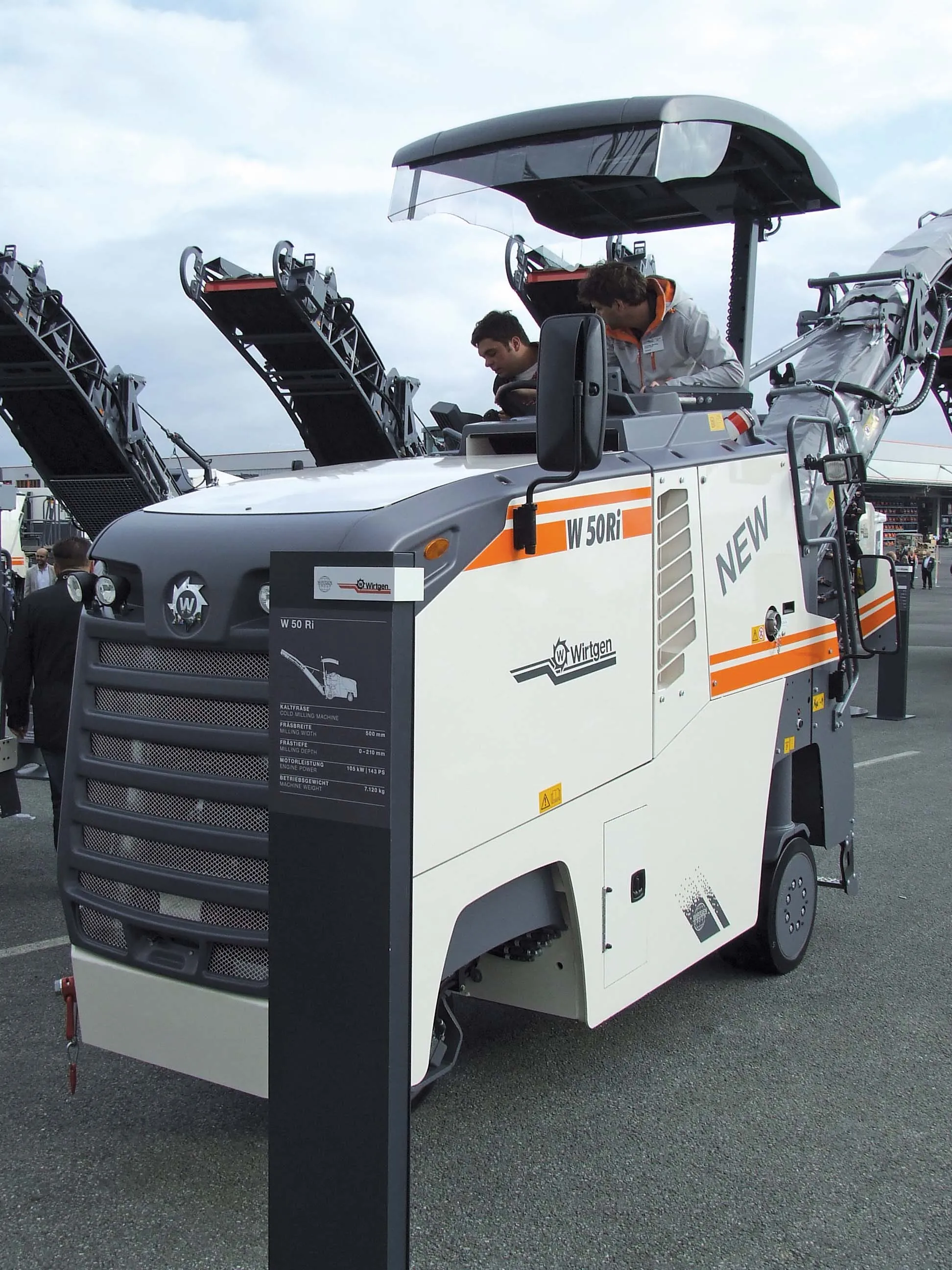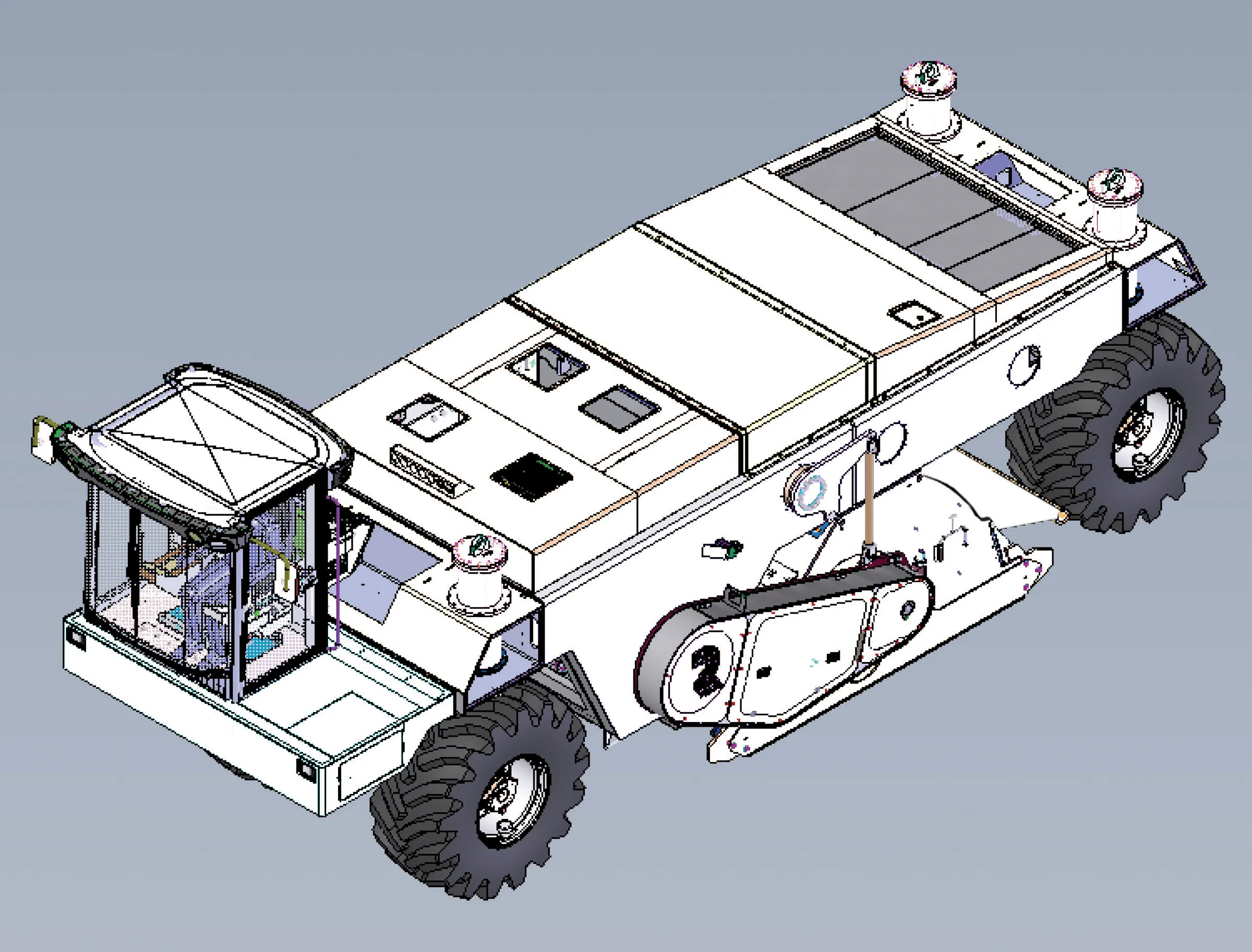Advanced road recycling capabilities are offered by Wirtgen. Having started as a contractor, Wirtgen’s roots in this side of the business are strong and the company’s development of road recycling systems has become a core competence, originating as an offshoot of its contract work. Wirtgen’s leading position in the milling machine market continues and although an increasing number of rival firms offer machines, the company’s share of this segment remains dominant. With demand for machines having grown in 2
March 15, 2012
Read time: 4 mins

Advanced road recycling capabilities are offered by Wirtgen
Having started as a contractor, Wirtgen’s roots in this side of the business are strong and the company’s development of road recycling systems has become a core competence, originating as an offshoot of its contract work.Wirtgen’s leading position in the milling machine market continues and although an increasing number of rival firms offer machines, the company’s share of this segment remains dominant. With demand for machines having grown in 2011 the company expected to ship some 1,850 Wirtgen units in 2011, compared with 1,656 in 2010. The
He said, “Recycling is extremely important in terms of materials.” The firm launched its first road recycler in 1979 and now has 14 machines. And he continued, “…also when it comes to this product we are the clear market leader.”
Joint president Stefan Wirtgen added, “We were the first complete supplier of road building machinery. This was the vision of our father and we were able to put it into reality.”
The company’s offering extends beyond its machines and Jürgen Wirtgen said, “We offer consulting at the construction site.” He explained that rather than simply selling machines, the company offers equipment packages as solutions to work needing to be carried out on-site.
In stabilisation, recycling and milling applications, this consulting process is particularly useful. Recycling and stabilisation jobs can vary widely, depending on ground conditions, the type of road being built and the traffic volumes anticipated. Some milling operations can be straightforward, but others may be complex due to the structure of a road and the type of repair and reinstatement work being carried out. For these more complex jobs, Wirtgen’s consulting services are highly important, giving input with regard to materials and techniques that can be used to meet certain specifications. Jürgen Wirtgen said, “Innovation, we don’t just do this for the sake of it.”
The company has developed novel milling machines, with its twin engine W250 coming to market during last year, alongside the W220 which uses a similar chassis. The W250 can run on a single engine when being moved from one area to another or for light cutting duties, with the second engine being used when the full 731kW of both is required. This system reduces fuel consumption as the second engine is only used when needed. The machine is usually fitted with a 2.2m wide cutting drum and comes with features including automatic parallel machine alignment using PTS, vaccum cutting system to prevent airborne dust, intelligent ISC track drive control for maximum traction, and low operating costs due to the WIDRIVE machine management system. Meanwhile the prototype W210i has been built with a low emission engine, although a Tier 2 version will be offered for use in developing markets.
At the other end of the scale, the smallest milling machine in the range is the wheel mounted W35DC, which suits trenching re-instatement work and is offered with a quick drum changing option to boost versatility.
Wirtgen has supplied over 1,500 of its recyclers worldwide, as well as marketing a number of the Streumaster units following an agreement between the two companies. Jürgen Wirtgen added that 55% of the recyclers the firm has supplied have also been equipped to provide cold recycling needs.
The WR2400 recycler and stabiliser is one of the most sophisticated in this line-up, able to mix a roadway surface up to 2.7m wide to a depth of 200mm, providing a mixing output of up to 300m2/hour. Power comes from a V8 diesel delivering 425kW and providing hydrostatic drive to all four wheels, as well as featuring two wheel, crab and all-wheel steering options to suit the application needs.
In addition to offering consulting services and supplying equipment, support is another key factor and especially so for the milling, recycling and stabilisation segments. Jürgen Wirtgen said, “Customer service is a focal point in our company as we started out as a service provider. Repair shops are very important to our customers and all of this is backed up by our technical support, which we have expanded.”








